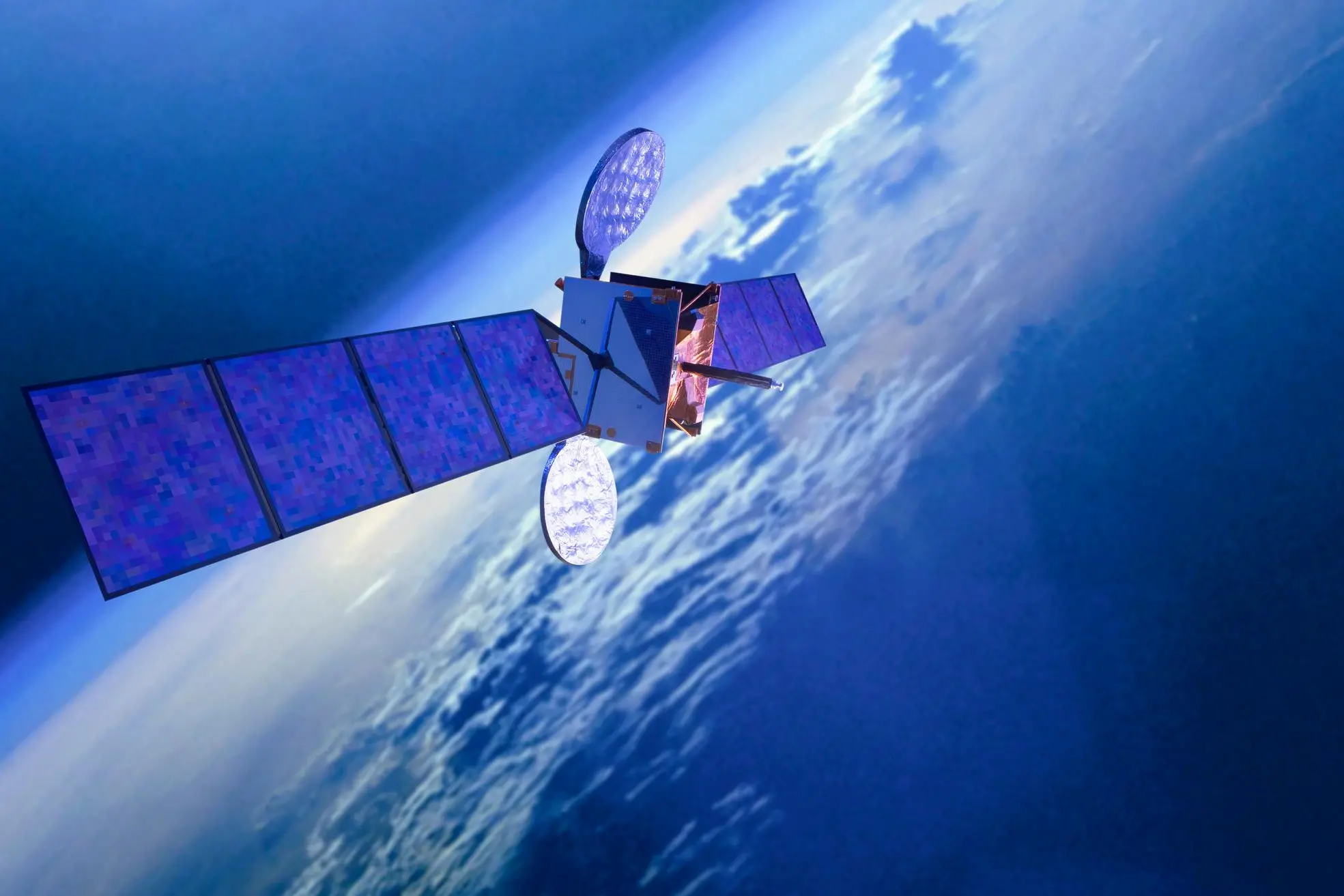PHOTO
The announcement was made by Dr. Abdulmohsin Al-Baddah, supervisor of the satellite project at KSU who also oversaw the CubeSat 1, one of the innovative projects undertaken by the University’s College of Engineering.
The CubeSat 1 was designed, developed and programmed by the project’s team and launched from the Baikonur Cosmodrome in Kazakhstan on board Russia’s Soyuz-2 carrier rocket on March 22. The same rocket also carried Shaheen Sat 17, which was developed by King Abdul Aziz City for Science and Technology. The satellite will monitor the movement of commercial shipping.
“CubeSat is an educational and multidisciplinary project for KSU students, and aims to introduce students to space technology and sciences and train them on the engineering and technology skills for designing and programming satellites,” said Al-Baddah. The project will also prepare KSU students for work in the field when they graduate.
KSU’s CubeSat will take photos of the Earth, moon and space and send the images to the ground station at the College of Engineering.
The station was set up during the first phase of the project. Under the supervision of faculty members, students chose the receiver, sender equipment, devices and automatic monitoring devices, and installed all software for the mission.
Al-Baddah said that the project took six years, with more than 130 students from the engineering and computer departments involved in designing the 1.33 kg satellite.
The project took a long time to finalize because the team had no previous expertise and had to start from scratch in addition to obtaining approval from the university, he said.
“KSU CubeSat orbits around the Earth just like other satellites of the same type and size — between 500-600 km from the Earth’s surface. The CubeSat orbits at a speed of 27,000-28,000 km/h. We can pick up its signal in the Kingdom within 7-12 minutes. It will stay in space for 24 months then will continue to orbit the Earth before becoming space debris,” Al-Baddah said.
Future satellite projects will combine education and scientific research, with the private sector having an important role in supporting these projects.
Copyright: Arab News © 2021 All rights reserved. Provided by SyndiGate Media Inc. (Syndigate.info).





















